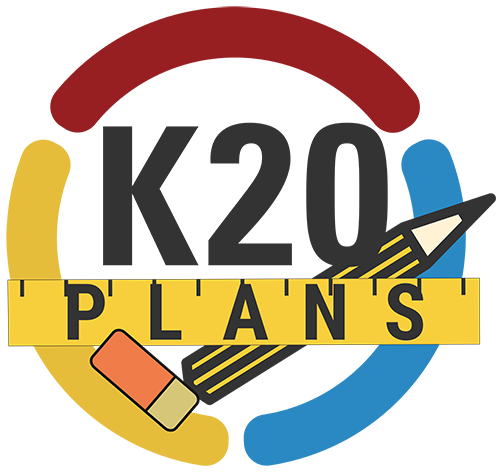Career Development and Preparation
Research has shown that implementing career development interventions for adolescents is effective and leads to positive outcomes.
Attachments
Tags
- College and Career Readiness
- College Preparedness
Domains
- Vocational/Educational Self-Efficacy
- Beliefs about Future Opportunities
- Vocational/Educational Aspirations/Expectations
Abstract
Developing career skills should start in high school, where students should have easy access to counselors, teachers, and resources before graduating and moving on to the workforce or higher education. Research has shown that implementing career development interventions for adolescents are effective, leading to positive outcomes such as greater efficacy, greater work readiness skills, and greater person-environment fit skills.
Literature Review
High school should be a safe, supportive environment that provides students with opportunities to build career development skills. Studies have shown that adolescents experience different barriers to career development, dependent on location, which may lead to higher rates of unemployment (Turner & Conkel, 2010). By making resources and support accessible to students at school, educators can lessen future wage and job opportunity gaps for the generation of students they teach (Turner & Conkel, 2010).
An effective way to assist students with career development skills is by partnering with the community to provide students with internship and mentorship opportunities. Research has shown that work placements lead to increased social competence through active learning (Murakami, 2009). Exposure to work through these methods helps students prepare for the transition from school to work. Career counseling also shows promising results, especially when based on the Integrative Contextual Model of Career Development (ICM) (Turner & Conkel, 2010).
Career counseling with career development activities, based on ICM, leads students to experience high person-environment fit skills, greater work readiness skills, improved social and prosocial skills, and higher self-efficacy (Turner & Conkel, 2010). Interventions designed for adolescents to acquire career development skills are effective and recommended for educators. Internships and career counseling are both effective methods for implementing career development.
Applications
Job Shadowing
- Create a face-to-face or virtual job shadowing program for students to bridge education to work
- Job shadowing is typically a one-day or half-day assignment for a student to visit a job location.
- Build in a structure for the program that polls students on interests; defines the focus of the program; reaches out to employers; develops a match program for job shadowing; develops guidelines and trainings for employers and hosts; and explains the program to students and parent
- Provide guiding documents for students including questions to ask during a shadowing experience, a writing prompt, or have students work through a case study or problem based activity during their shadowing experience
College and Career Clubs
- NCCEP provides a curriculum for students in grades 7-12 that is research based and has been proven to increase college enrollment in first-generation college students
- The NCCEP College & Career Clubs contain sequenced lessons in research-supported domains and provide a necessary structure for effectiveness
- If developing a unique college and career club, the program should include a structured curriculum that addresses research-based topics, meet regularly, and provide structures (staffing, resources, etc.) for effectiveness
Additional details on NCCEP College and Career Clubs can be found here:
Citations
Bloch, D. P. (1996). Career development and workforce preparation: Educational policy versus school practice. The Career Development Quarterly, 45(1), 20–39.
Murakami, K., Murray, L., Sims, D., & Chedzey, K. (2009). Learning on work placement: The narrative development of social competence. Journal of Adult Development, 16(1), 13–24.
Turner, S. L., & Conkel, J. L. (2010). Evaluation of a career development skills intervention with adolescents living in an inner city. Journal of Counseling & Development, 88(4), 457–465.

